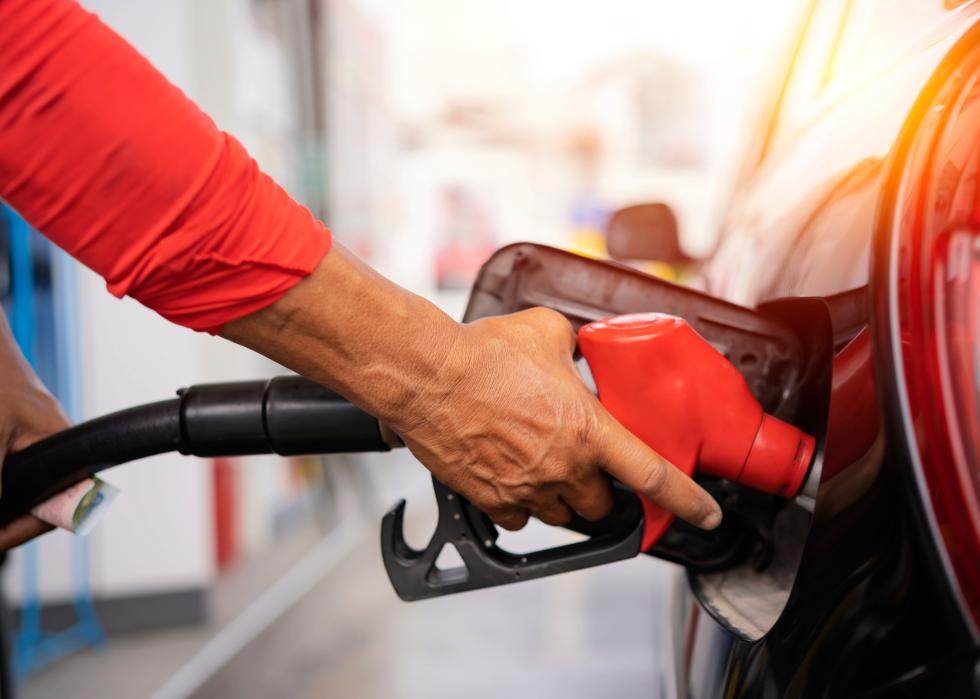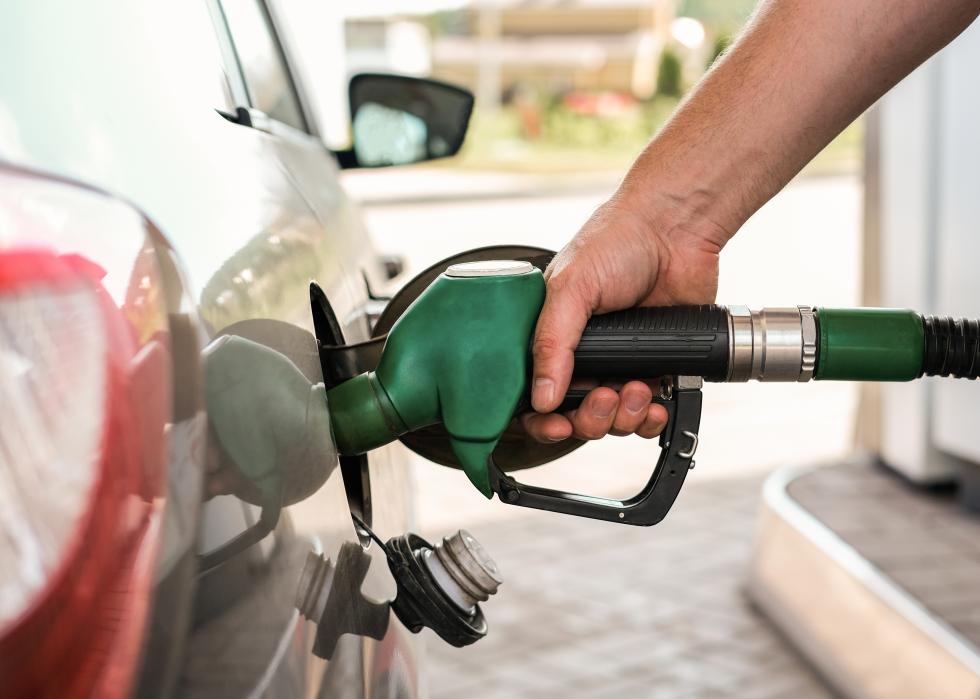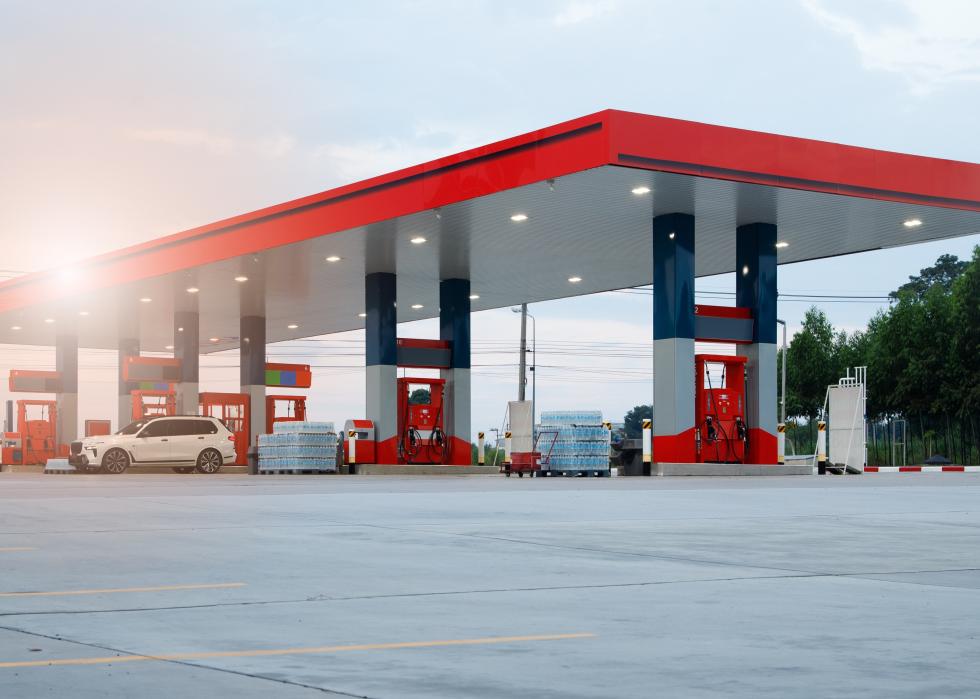
How gas prices have changed in Arkansas in the last week
Stacker compiled statistics on gas prices in Arkansas using data from AAA. Gas prices are as of February 3.
Arkansas by the numbers
- Gas current price: $2.44
- Week change: +$0.01 (+0.4%)
- Year change: -$0.31 (-11.2%)
- Historical expensive gas price: $4.54 (6/14/22)
- Diesel current price: $3.26
- Week change: +$0.05 (+1.7%)
- Year change: -$0.04 (-1.4%)
- Historical expensive diesel price: $5.40 (6/23/22)
Metros with most expensive gas in Arkansas
#1. Texarkana (AR only): $2.53
#2. West Memphis: $2.48
#3. Fayetteville-Springdale-Rogers: $2.47
#4. Pine Bluff: $2.47
#5. Hot Springs: $2.43
#6. Jonesboro: $2.41
#7. Little Rock-North Little Rock: $2.39
#8. Fort Smith (AR only): $2.32
States with the least expensive gas
#1. Oklahoma: $2.37
#2. Arkansas: $2.44
#3. Mississippi: $2.45
Read on to see which states have the most expensive gas prices.

#5. Oregon

#4. Nevada

#3. Washington

#2. California




